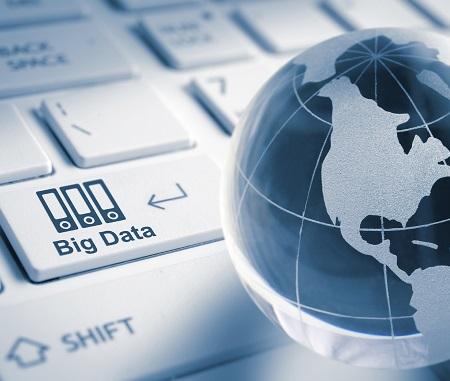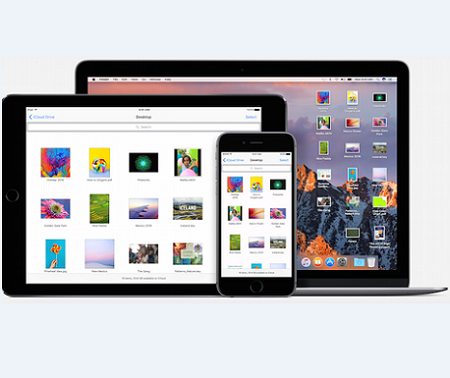IBM Watson IoT and Health groups announce new moves. Google opens a new AI and machine learning research center. Microsoft will soon own a huge big data open source incubator -- LinkedIn. Those are some items in our Big Data Roundup for the week ending June 19, 2016.

iOS 10, MacOS, WatchOS Updates: WWDC Up Close
iOS 10, MacOS, WatchOS Updates: WWDC Up Close (Click image for larger view and slideshow.)
IBM delivers cognitive computing to healthcare and weather forecasting. Google launches a new machine learning research center. GE uses machine learning to restore a power plant in Northern Italy. Microsoft Labs talks about the neural networks and the future of security. Microsoft acquires one of the big contributors to big data open source software. Those are the highlights of this week's Big Data Roundup.
Let's start with the IBM news.
The company's Watson Health and Watson IoT groups were both busy this week. IBM Watson Health announced a collaboration with the American Diabetes Association that calls for the ADA to share its 66 years' worth of research and data with IBM Watson Health in order to deliver better information to patients, providers, entrepreneurs, and developers to ultimately improve outcomes for diabetes patients.
The goals of this alliance are aimed at better prevention of the condition, better management of it for current patients, and better information about how to prevent complications.
IBM also provided updates on some of the other partnerships it has created with software developers and wearable providers serving the diabetes market.
[Find out more about the wearables market. Read IDC Wearable Device Shipments Will Top 213 Million by 2020.]
Meanwhile, IBM Research announced that IBM's The Weather Company would now be running the company's Deep Thunder project and would merge in IBM Research's forecasting work under that umbrella. The move includes making Deep Thunder a commercial brand and also merging together IBM Research's hyperlocal forecasting work with The Weather Company's regional forecasting to offer even more precise and accurate weather forecasts for commercial clients.
Deep Thunder will now incorporate all historical weather data from The Weather Company and use it to train machine learning forecast algorithms.
GE Digital Power Plant for Steam
At the Minds + Machines conference in Paris this week, GE introduced a new application suite that sits on top of its Predix machine data analytics platform and provided details about a use case for the suite. GE Digital Power Plant for Steam is a suite of applications designed to improve reliability and efficiency of power plants.
The aging Chivasso power plant in Northern Italy deployed the suite to improve both combustion and exhaust gas management and thereby reduce carbon dioxide and nitrous oxide emissions. GE also unveiled during the Paris event new Predix-based software for wind farms and gas-fired power plants.
Google's New Research Center
The new Google Research Europe center in the search firm's Zurich Office opened this week. It will be dedicated to work in three areas -- machine intelligence, natural language processing and understanding, and machine perception. Google said that the goals are to deliver machine learning that can be put to practical use, to improve the machine learning infrastructure, and to assist the research community overall.
Microsoft Labs, Neural Networks, and Security
Looking for some insight into how neural networks will be leveraged in cyber-security? Only this week InformationWeek posted a video interview from our Senior Editor Sara Peters with Microsoft Labs Dr. James McCaffrey about how the worlds of AI and security are colliding, and how machine learning and neural networks will help organizations improve their cyber-security.
Microsoft and LinkedIn
At the beginning of the week Microsoft announced plans to acquire the careers social media platform LinkedIn.
While most headlines focused on what could be a powerful combination of Microsoft's personal productivity suite, Office 365, and LinkedIn's professional social networking capabilities, one of the unanswered questions is: Will Microsoft continue LinkedIn's commitment to contributing big data technology to open source?
LinkedIn has contributed several projects -- Kafka, Samza, and DataFu, to name just a few -- and even held an equity position in the commercial company Confluent, which is driving Apache Kafka.
Microsoft has warmed up to open source in recent years, but we wonder if this LinkedIn commitment to open source will continue. Do you have thoughts? We'd love to hear them in the comments section.
About the Author(s)
You May Also Like








